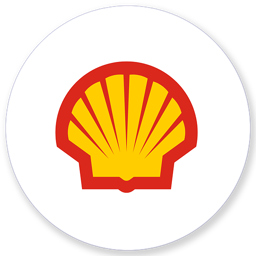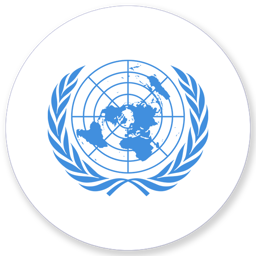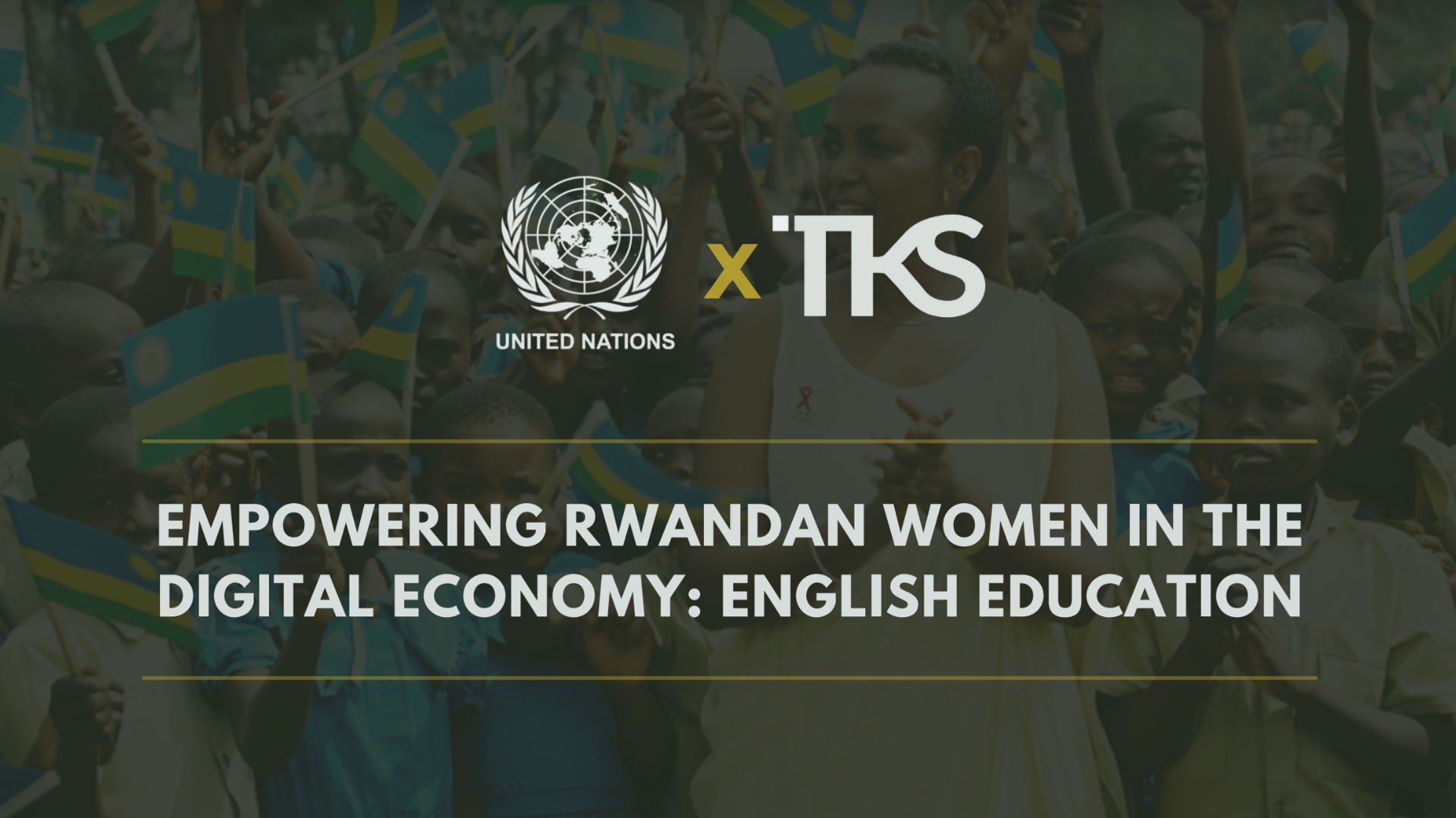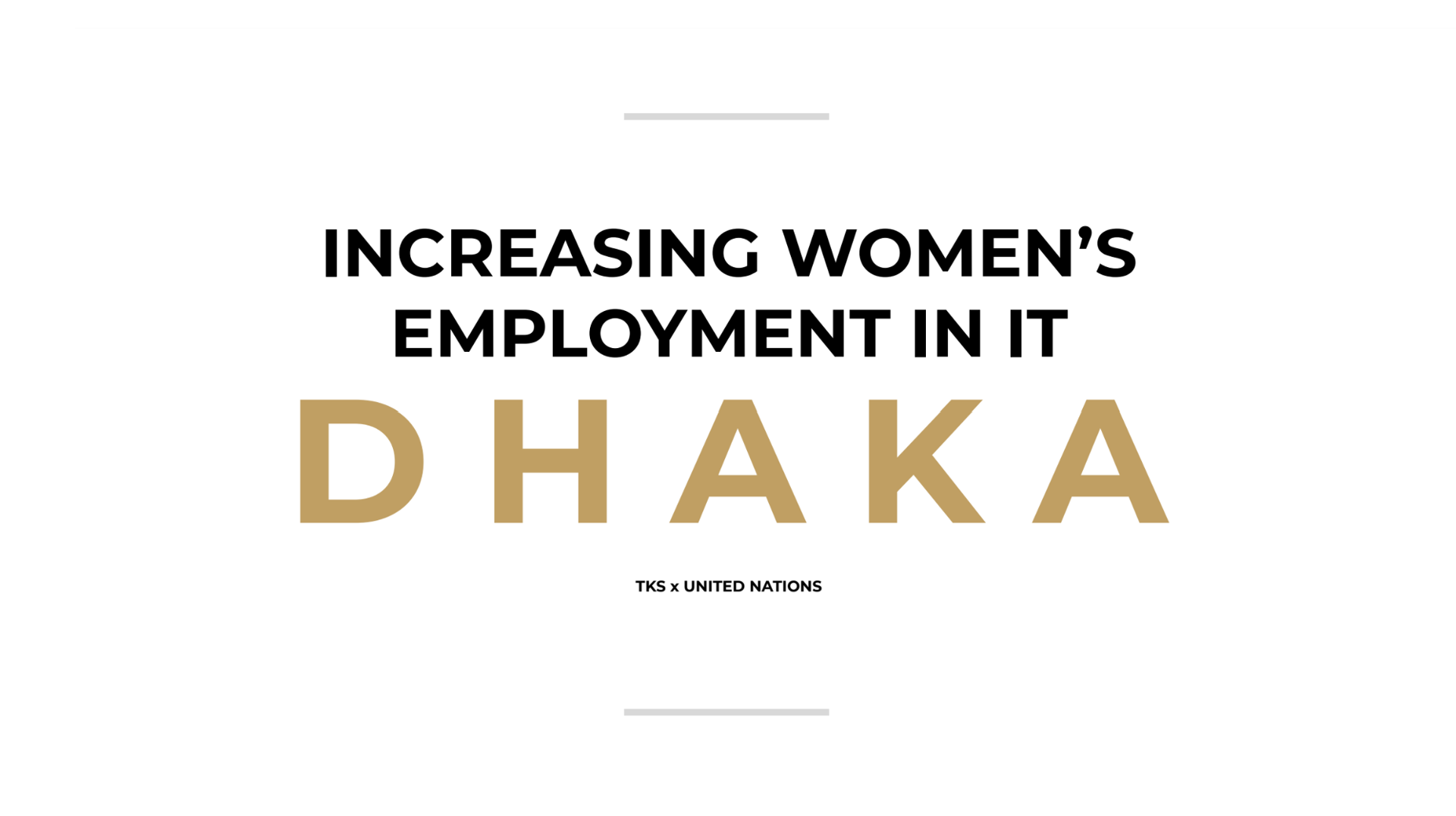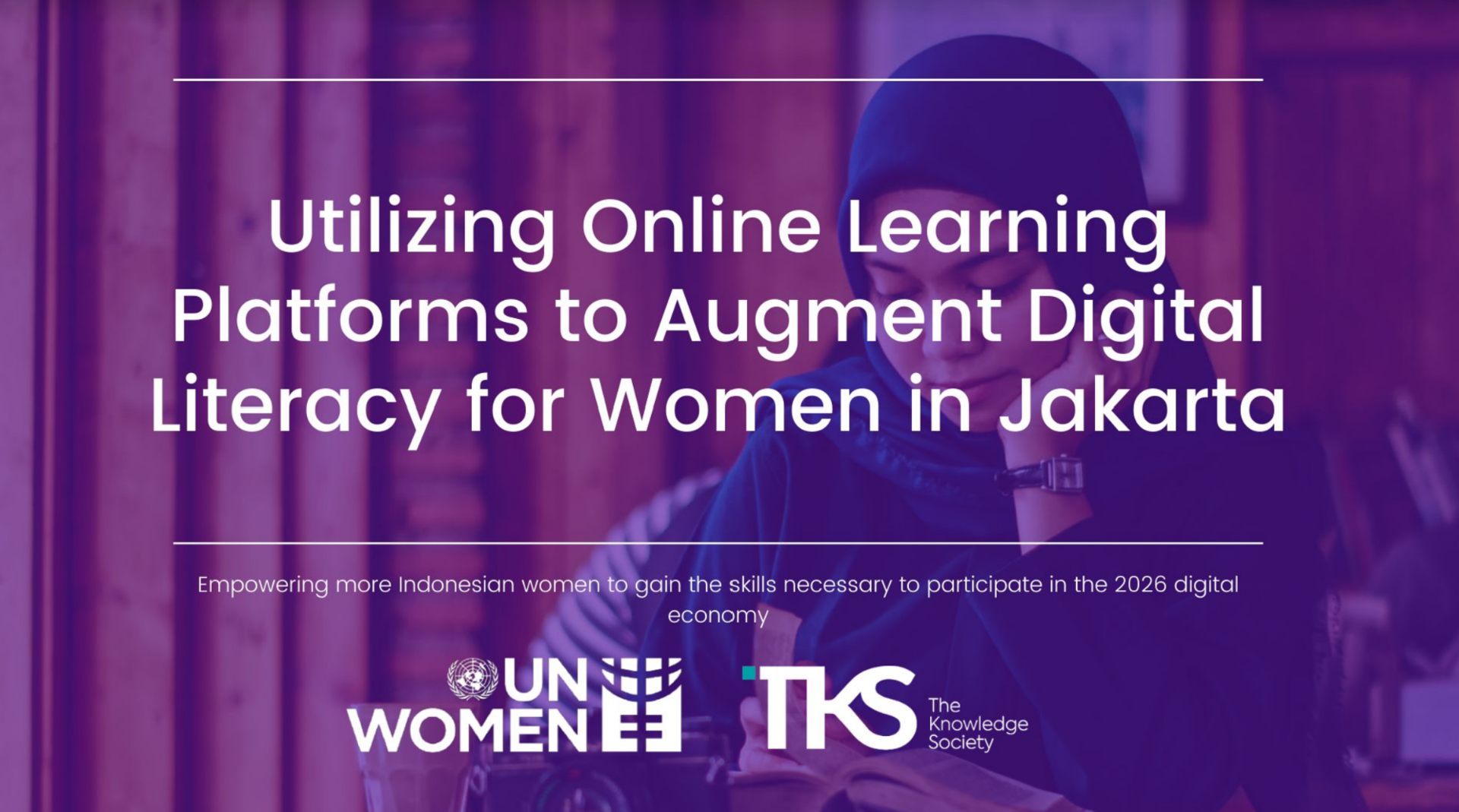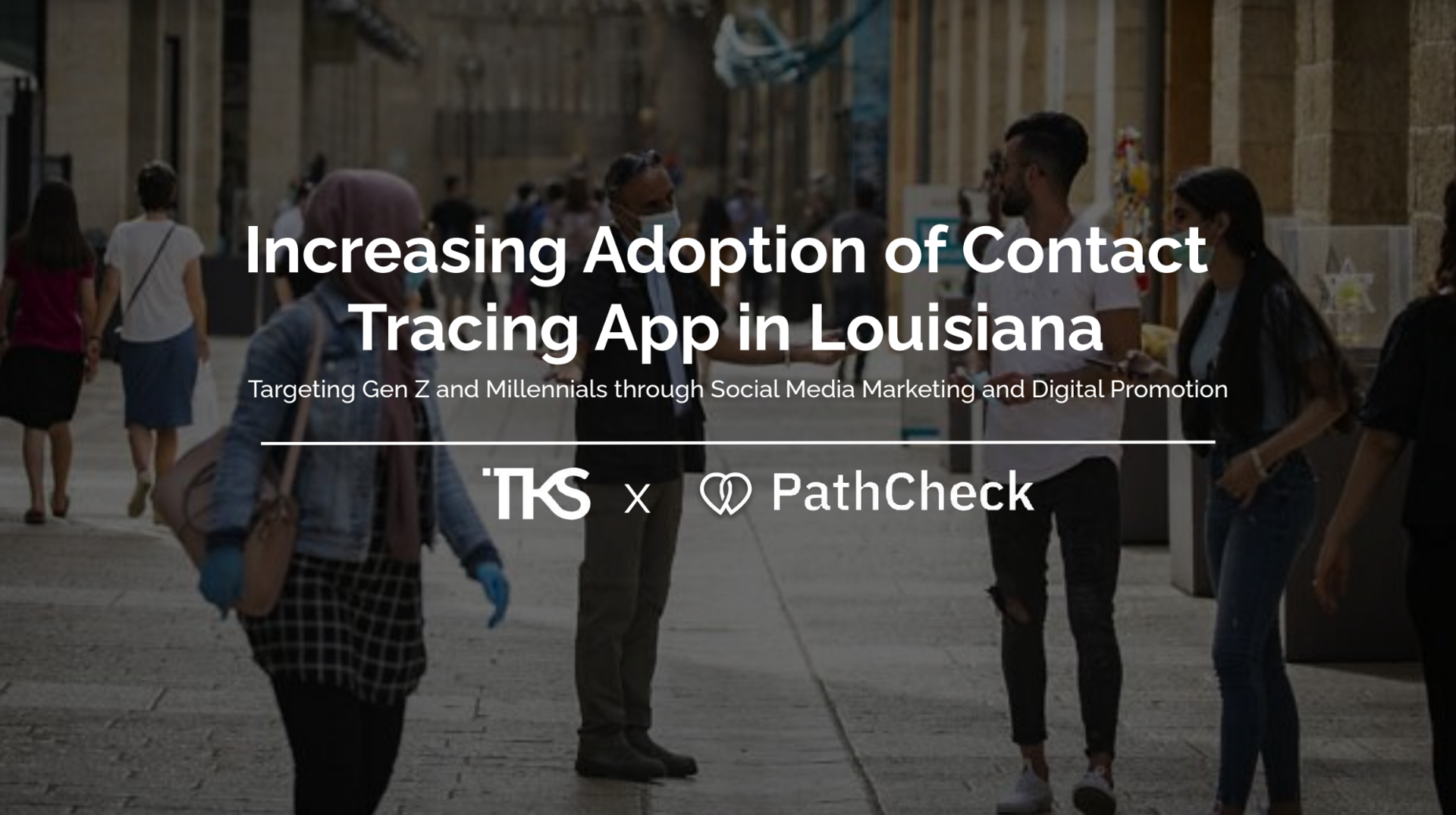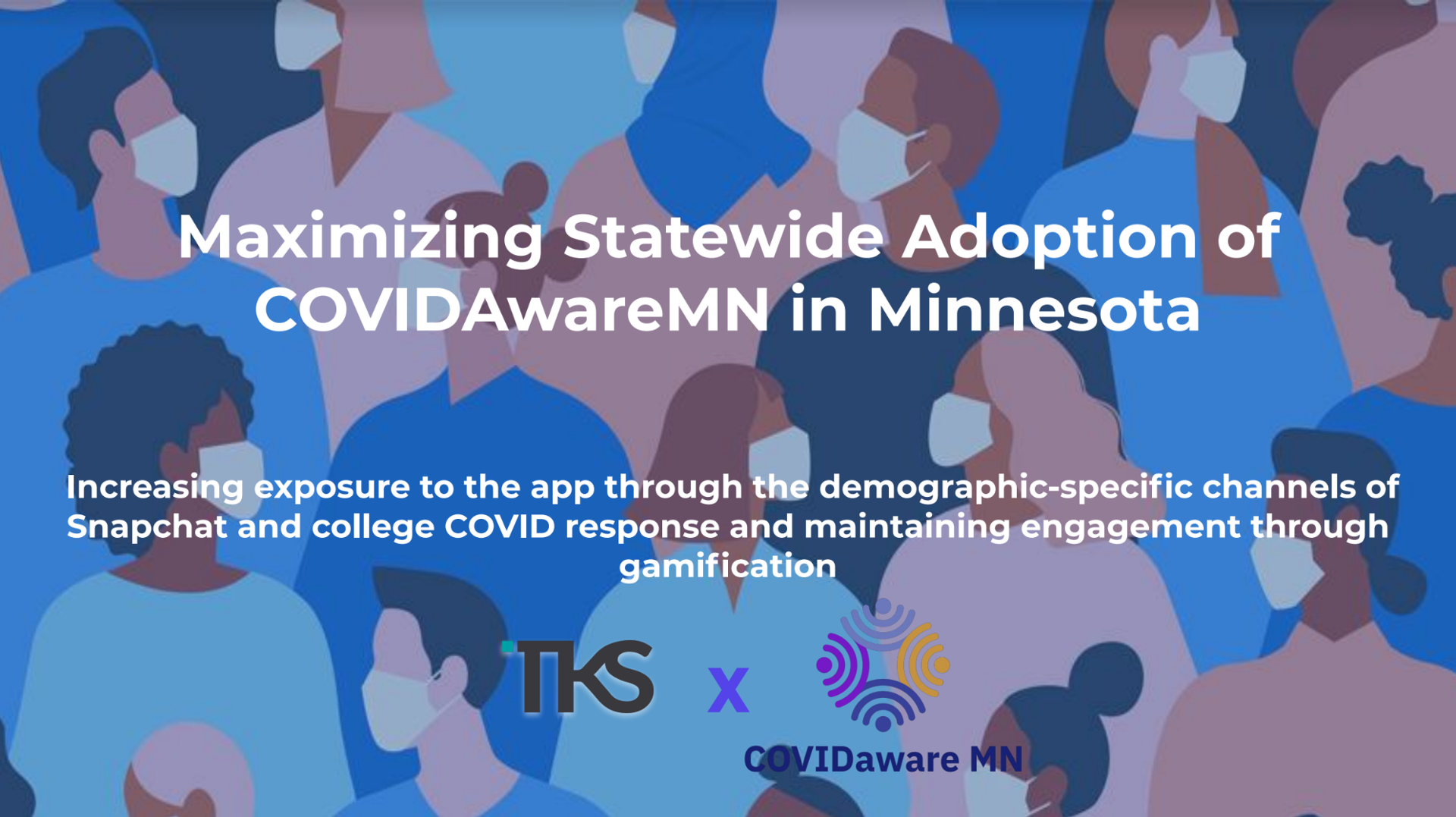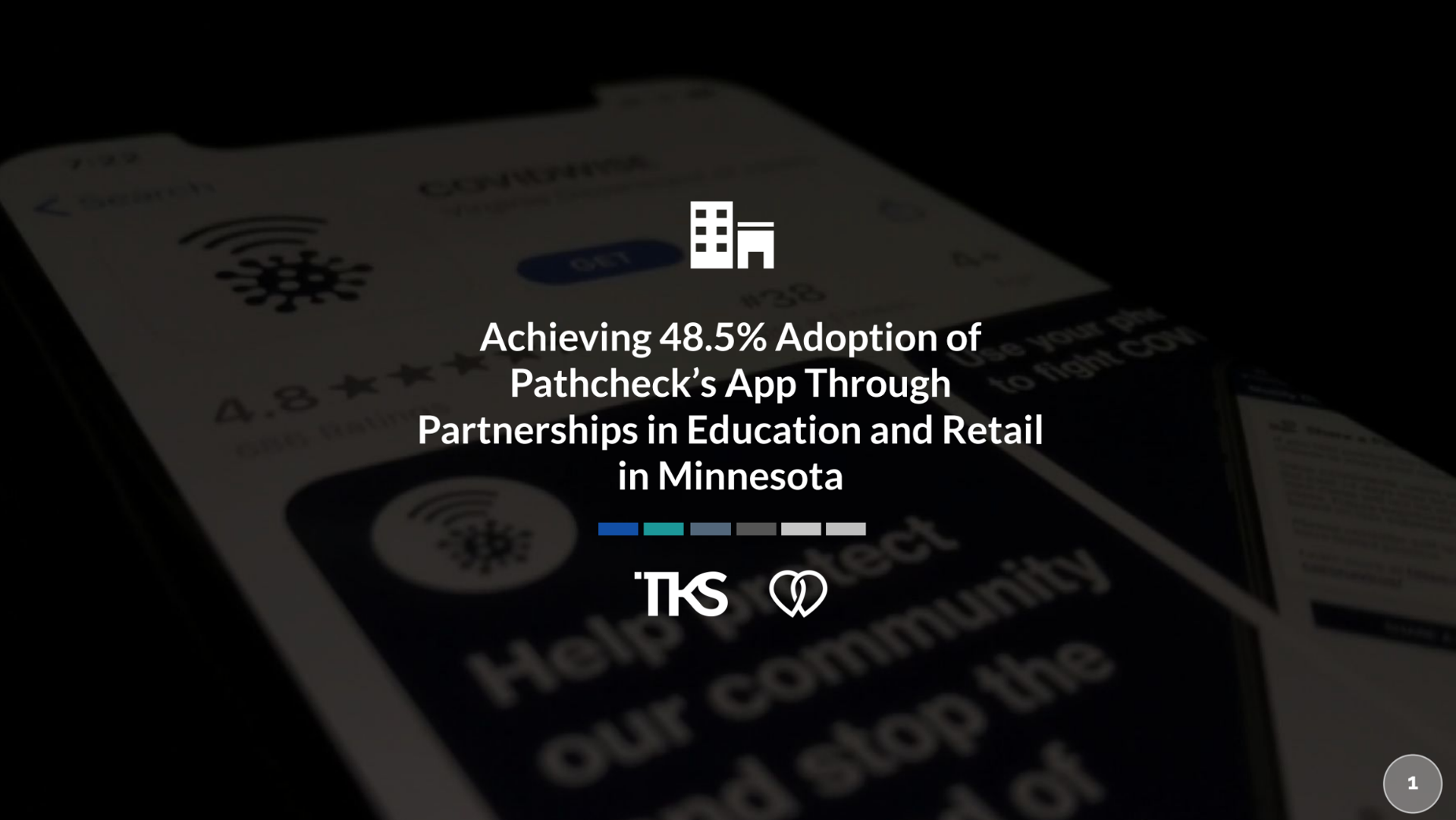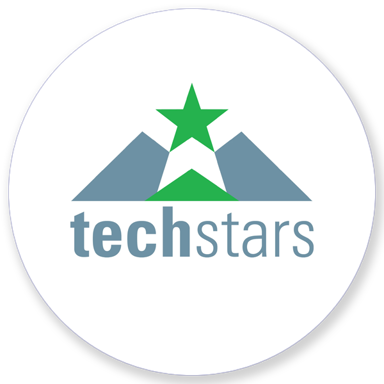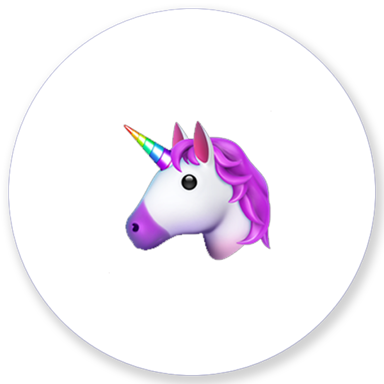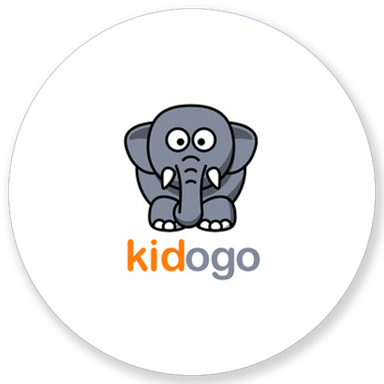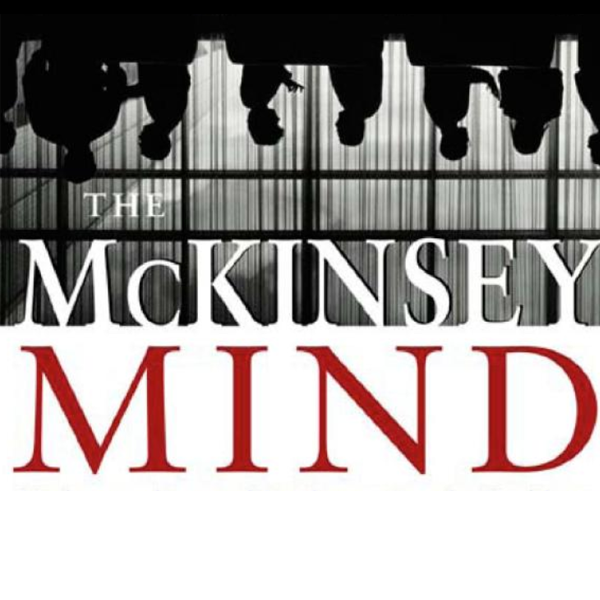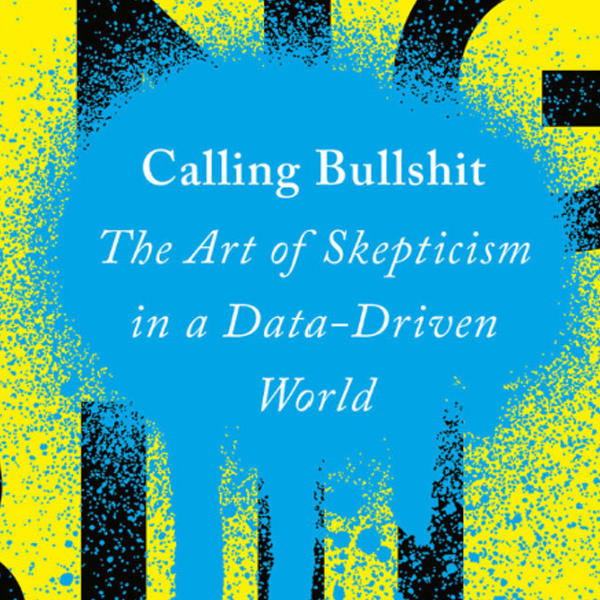consulting challenges
each program year in tks, we do month long challenges with different global companies on impactful problems to solve. in 4 weeks, teams make executive standalone decks.
tl'dr
why challenges?
- most of education is a simulation contained within a case study. these challenges make it real for tks students in ways that no sessions can.
in my role as program director and coach
- i managed 120+ teams in 7 challenges
- i led partnerhip relationship with each challenge partner and ran 30+ workshops for team building, training mental models, and skillsets needed to go 0 to 1 in challenges delivering high quality results
- 500+ hours of team coaching and feedback.
- random highlight: got offered a consulting gig when talking to a team at a coffee shop because recruiter liked the overheard mental models.
featured challenges
check out a few highlight standalone decks from selected partnerships.
1. net zero carbon economy with shell
problem statement: how might we identify major problems to tackle to start leading to a net zero carbon economy by 2050?
2. global gender equity with united nations
problem statement: how might we get more women and girls across the world more active in the digital economy by 2030?
3. pandemic tracing with pathcheck
problem statement: how might we get 1 million sign ups on new statewide digital, contactless tracing apps for covid-19?
additional challenges included
techstars boston:
how might we increase mentor engagement by 50%?
x-prize carbon capture:
how might we increase globale participation in our $100M challenge?
unicorn ($b) wearable:
how might we create data partnerships for increased customer experience?
kidogo: how might we scale early childhood development services out from nairobi, kenya?
what success looks like
1. identify a problem supported by data. understand what's causing the problem using case studies, industry data, and quantified research.
2. validate assumptions with perspective. talk with dozens of industry experts to support main assumptions.
3. include clear next steps. map out action items for a pilot to test and larger tactics for implementation.
4. design a great standalone deck. logical structure and flow of ideas paired with simple copy and great visuals.
core sessions and mental models
this is a four week intensive training helping young people who have never worked before deliver professional consultant level results as well as train real world problem solving
session structure
1
topic: identify problems w/ case
skillset: team culture
mental model: m.e.c.e.
3
topic: make a mock up
skillset: slide design
mental model: first principles
2
topic: hypothesis driven ideas
skillset: asking good questions
mental model: nth order thinking
4
topic: problem identification
skillset: giving good feedback
mental model: inversion
mental models
post mortem
what i would keep doing
- learned along the way. i was not an expert in any of these problem areas before the challenges started, and so i went in with a strong figure it out mindset to be able to help coach and guide each team
- applied mental models for what makes sense. using structured thinking and frameworks enabled discussing problems, assumptions, and solutions in a transferrable way across topic areas
- pushed perspective seeking. the key kpi for the challenges is number of people interviewed as that helps teams make their ideas more real and learn what they don't know they don't know.
what i would do differently
- removed centralized mentorship. initially, we thought that feedback from company teams would help, but they are so close to the problem they are biased in feedback. open q+a works, but direct feedback on teams is best coached centrally with distributed perspective from non direct teams.
- trained storyboarding. final deck design happens in the last 3-5 days, and too many teams tried to make it in one pass. the top teams started with a storyboard, got feedback, made a design draft, and continued to get more feedback.
- included more case studies. while we do a harvard case study to prep for the challenge, along the way, it is valuable to bring in guest speakers to share their perspective as a live case study as well as share specific examples of what good looks like for teams.
thank you to all of our challenge partners for giving your time, guidance, and feedback for helping the teams train problem solving skills 🙏
resources to explore more
mckinsey mind by ethan rasiel
a great overview of processes and structured thinking that is used by one of the top consulting firms. this personally helped me train a consultant's way of breaking down probelms. check out the book →
calling bs: the art of skepticism by carl bergstrom
this books help build understanding for how to break down data driven assumptions and think critically for where things do not make sense check out the book →
mental model blog from farnam street
shane parish helps break down 100+ mental models with stories and examples of how to use them across different decision making and problem solving. check out the blog →
